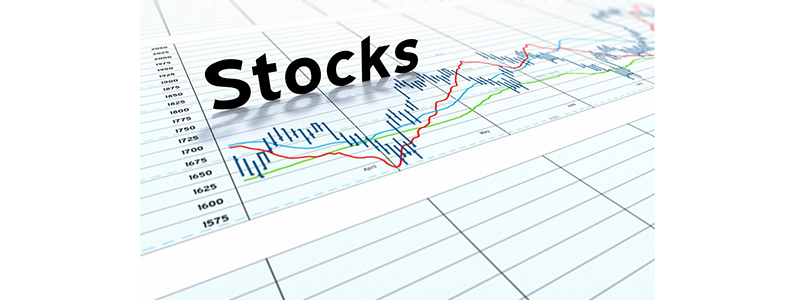Market crashes are inevitable. Just as they happened in the past, they are also likely to occur again in the future. So what should you do to protect yourself from a volatile market?
Chess strategy can help you deal with volatile markets
The following anecdote, from the world of chess, provides an insight on how to deal with a bad situation (like a market crash) when it occurs:
In November 1986, the World Chess Federation (FIDE) decided to intervene in the chess rating system. In an unprecedented event, they granted all woman chess players 100 extra bonus points – except for Susan Polgar. They claimed that since she competed mainly against men, she did not need the extra points. Besides the unfairness and humiliation that it caused, FIDE’s decision hurt Susan’s ranking and she was displaced from the top of the list of world-class chess players. But instead of giving up, Susan continued to work hard to regain her top position. She earned her Grandmaster title and became the world champion.
Susan’s sudden and unexpected loss of her rating could be compared to a stock market crash, which can also be unpredictable and sudden. If your stock portfolio takes a dive, it is important to hold onto your stocks if the fundamentals are still sound.
The moral of both Susan’s story and how to react to a downward trend in the market is the same: bad things will happen, but if you give into despair it will be difficult to get back on course again.
Is there anything you can do before the market crashes?
While moving on and making the best of a difficult situation is a useful strategy once a crisis occurs, in order to protect yourself from the worst, consider following this strategy as a preventative measure:
Don’t invest all your money in the stock market (since money invested in the stock market is risky). In fact, only money that you see as long-term investment money should be considered for stock market exposure. Keeping some of your money out of the stock market balances your portfolio, and if you hold some of your money in cash and cash equivalents, you’ll always have money available in times of need.
Preparing for the worst and hoping for the best can be an effective way to approach life, chess, and money management. To learn how you could profit from a drop in the market, click here.
Douglas Goldstein, co-author of Rich As A King: How the Wisdom of Chess Can Make You a Grandmaster of Investing,is an avid chess fan, international investment advisor and Certified Financial Planner (CFP®).




